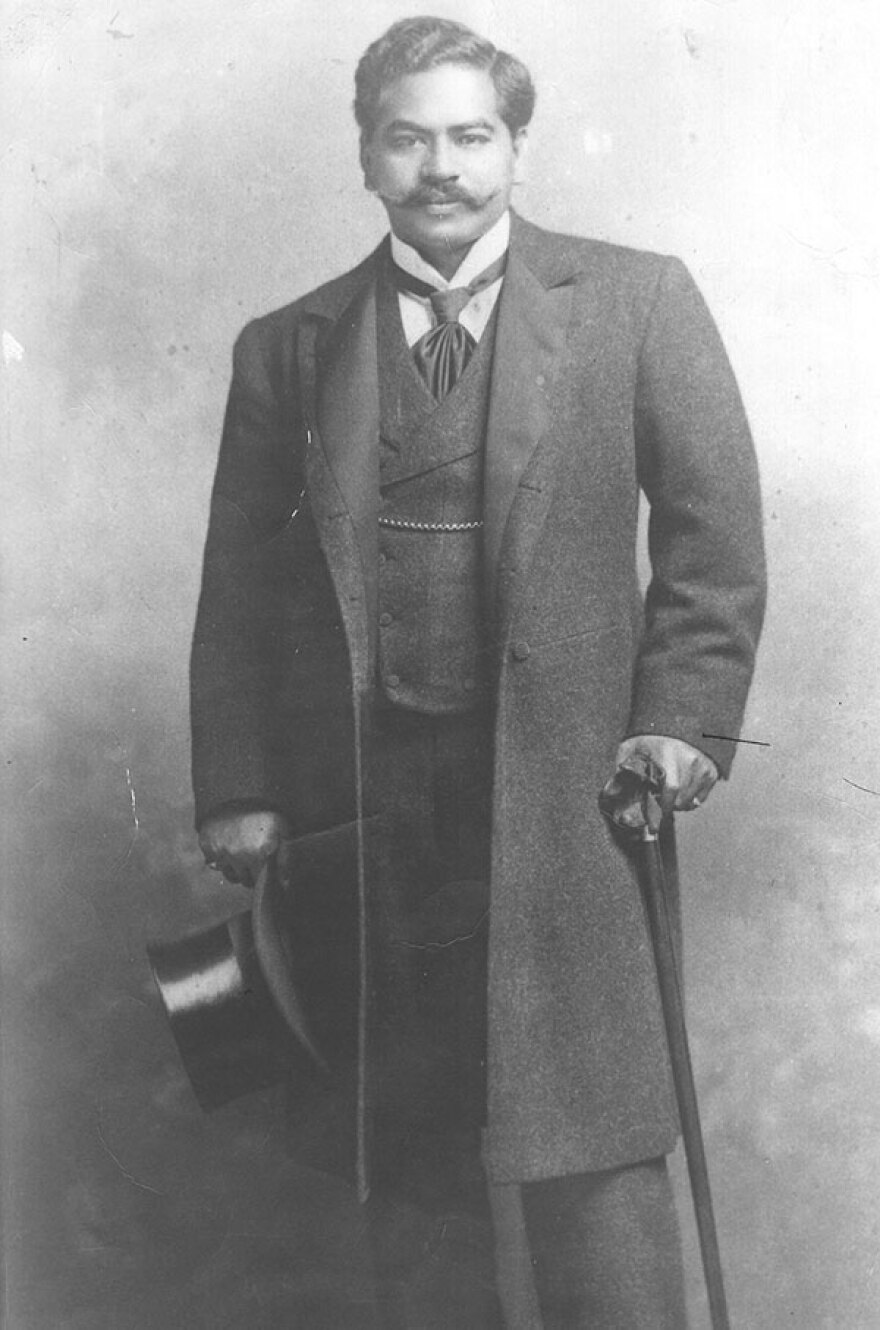On March 26, Hawaiʻi celebrates Prince Kūhiō Day. For some island residents, this may just be another day off. But for the hundreds who celebrate across the island chain, Prince Kūhiō is more than just a holiday.

Prince Jonah Kūhiō Kalanianaʻole is memorialized in beaches, schools, shopping centers, and — much to the chagrin of Hawaiʻi traffic reporters — street names.
As a firm believer in grassroots governance, he established county government in the islands.
His dedication to returning Native Hawaiians to the land led him to establish the homesteading program.
Prince Kūhiō's strong sense of accountability to his constituents allowed him to serve nearly 20 years as Hawaiʻi's delegate to U.S. Congress. But all of this almost didn’t happen.
“When the government was overthrown he was thrown in prison for a year. He self-exiled him out of Hawaiʻi because he was so distraught and disgusted and saw nothing to look forward to that he left,” Toni Lee said. “Until the people begged him to come home because they needed his leadership.”

Lee led statewide efforts to organize events honoring Prince Kūhiō on behalf of the Association of Hawaiian Civic Clubs.
Every year, Hawaiʻi celebrates him on his birthday: March 26. He died in 1922.
“He accomplished so many things,” said Rae DeCoito, who helped put on the Prince Kūhiō Hoʻolauleʻa at Kapiʻolani Park. “And it's relevant and important that we every year continue to commemorate his legacy so that the future generations can understand what he did for us and their kuleana to perpetuate it.”


Prince Kūhiō was born in Kukuiʻula, Kōloa on the island of Kauaʻi in 1871. After returning from self-imposed exile in Africa in 1902, he became Hawaiʻi's first delegate to Congress. The non-voting delegate proved to be a skilled statesman in Washington D.C.

“To be likable, to have those people in Congress with the vote to vote on his behalf,” Lee said. “Be as charismatic as he was and pass the law of the Hawaiian Homestead Act.”

The 1921 act set aside more than 200,000 acres for Native Hawaiian homesteading.
Today, nearly 10,000 homesteaders reside on Hawaiian home lands. As a leader in a Hawaiʻi that was rapidly changing, he pioneered efforts to cultivate a sense of civic duty among native Hawaiians.

“When the government was overthrown, everyone went underground including hula, language, and all of that,” Lee said. “And he wanted them to have a safe place to be able to talk story to be able to discuss the issues of the day and that was very important.”
He founded the Honolulu Civic Club in 1918 and 100 years later there are nearly 60 Hawaiian civic clubs in Hawaiʻi and across the continental U.S.
DeCoito said it’s this kind of leadership that we need now more than ever.
“It's public service, and it's service to the ʻāina, it’s service to the people and to be selfless and to do things because it’s the right thing to do,” DeCoito said. “I would love to see the politicians emulate that more closely.”




